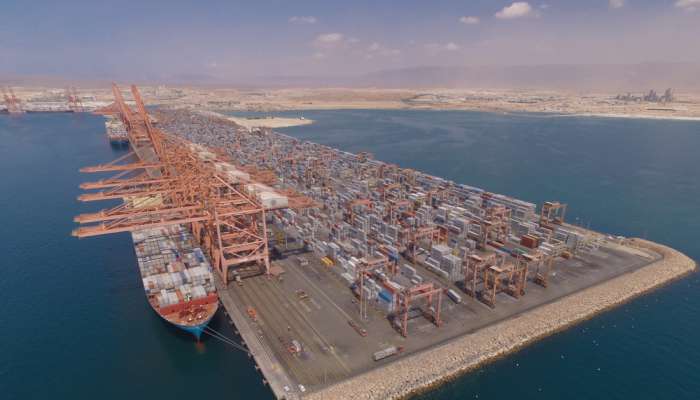
Muscat: The State’s public revenue at the end of July 2023 amounted to OMR7.183 billion, down by 10% when compared to OMR8.003 billion registered over the same period in 2022, according to the Fiscal Performance Bulletin published by the Ministry of Finance today.
At the end of July 2023, net oil revenue amounted to OMR3.714 billion, down by 3% when compared to OMR3.827 billion registered over the same period in 2022. Average oil price amounted to USD 83 per barrel and average oil production reached 1,058,000 barrels per day.
Further, net gas revenue amounted to OMR1.329 billion at the end of July 2023, down by 35% when compared to OMR2.056 billion registered over the same period in 2022. This is due to the deduction of gas purchase and transport expenses from total revenue collected from the Integrated Gas Company.
By the end of July 2023, current revenue registered OMR2.132 billion, up by 1% when compared to an amount of OMR2.107 billion collected over the same period in 2022.
Public spending by the end of July 2023 amounted to OMR6.481 billion, down by OMR503 million, i.e. 7% compared to actual spending over the same period in 2022.
Meanwhile, current expenditure at the end of July 2023 amounted to OMR4.836 billion, down by OMR594 million, i.e. 11% when compared to an amount of OMR5.430 billion registered over the same period in 2022.
By the end of July 2023, development expenditure of ministries and Government units reached OMR491 million, representing 55% of total development spending, i.e. OMR900 million, allocated for 2023.
As far as total contribution and other expenses are concerned, they reached OMR854 million by the end of July 2023. The oil product subsidy and other sectors subsidy amounted to OMR180 million and OMR11 million, respectively. Furthermore, an amount of OMR233 million was transferred to the future debt obligations budget-item.
The State’s Budget By the end of July 2023 registered a surplus of OMR702 million compared to a surplus of OMR1.019 billion achieved over the same period in 2022.
Meanwhile, the Treasury Single Account (TSA) is a unified structure of government bank accounts, where all government account balances are accumulated to show the movement of net revenues and expenses. This would lead to the optimal use of government cash resources.
The Ministry of Finance indicated that the outcome of implementing the first pilot phase of the TSA project contributed to collecting 37% of the state’s public revenues and evaluating 90% of government departments’ bank accounts, and achieving 95% of the first phase targets.
Through implementing TSA, the Ministry aims at establishing a centralized methodology to manage government bank accounts, increasing the efficiency of public finance management, enhancing the ability to identify financing needs and reducing the cost of borrowing, managing cash efficiently, improving the quality and accuracy of financial reports and optimizing government funds.